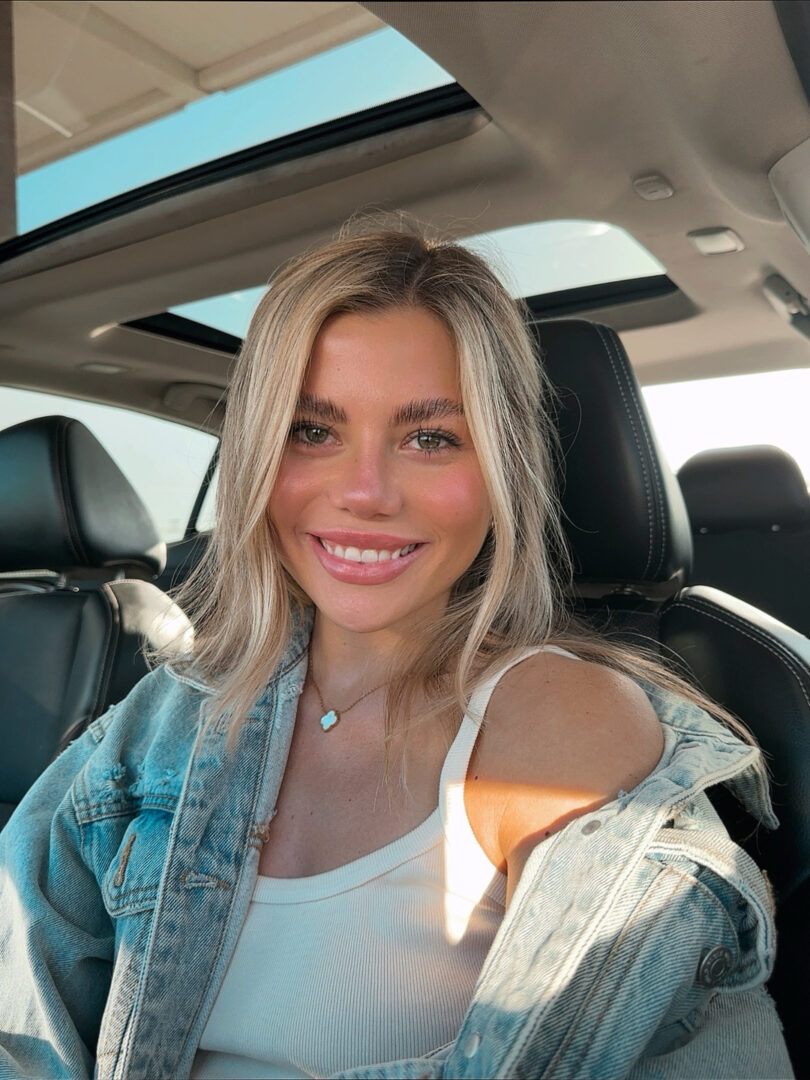We caught up with the brilliant and insightful Kenzy Barrett a few weeks ago and have shared our conversation below.
Kenzy, we are so deeply grateful to you for opening up about your journey with mental health in the hops that it can help someone who might be going through something similar. Can you talk to us about your mental health journey and how you overcame or persisted despite any issues? For readers, please note this is not medical advice, we are not doctors, you should always consult professionals for advice and that this is merely one person sharing their story and experience.
As a young nurse working in healthcare, mental health is something I navigate daily—both in my patients and within myself. I was raised in a somewhat broken home. My father battled cancer for most of my life until his passing, and my sister struggled heavily with addiction. Growing up in that environment, I carried a constant sense of anxiety and depression. It felt like a storm cloud was always hovering just above me, and I had to learn not only how to live with it but how to function underneath its weight.
Grief and depression have been lifelong companions. There have been many times where that weight felt too heavy—times I feared I might drown in it. But over the years, I’ve learned something vital: I can put the weight down. I can rest. I can breathe. I’ve learned that mental health isn’t about conquering your demons—it’s about learning how to live with them, to sit with them, to understand them.
When I was younger, depression felt like it was digging a grave for me. I’d spend all my energy trying to fill it back up—shoveling dirt, trying to undo what felt inevitable. It was exhausting. Eventually, I realized I couldn’t win that way. You can’t spend your whole life fighting the parts of you that hurt. So instead of resisting, I began to lean in. I let depression sit with me. I let her bury me sometimes. I let her consume me when I had to, because sometimes you have to feed your demons—otherwise they will become ravenous and starving and they’ll eat you alive.
We chase joy, love, happiness—they’re the emotions we welcome with open arms. But sadness, anger, grief? We slam the door on them. And that’s not fair. Every emotion wants to be felt. The more you ignore the hard ones, the louder they scream. I’ve learned that mental health is not about silencing emotions—it’s about letting them all ride with you, giving each one a seat in the car. I used to only let joy and love sit up front, but I’ve learned that if I neglect the others—sadness, anxiety, grief—they’ll eventually grab the wheel. The only way to be in control of the car you drive in your life is to stay behind the wheel. If i continued to neglect the emotions that wanted to sit up front but that I simply didn’t want up there, I would eventually lose control of the car.
Now, I drive the car. I know when it’s happiness’s turn to ride shotgun. I also know when it’s sadness’s time. I’ve stopped treating the hard parts of me like strangers and started seeing them as sacred, necessary pieces of who I am. I’ve sat with my anger long enough to learn her real name is grief. And I’ve made peace with the fact that we can hold more than one feeling at a time. You can cry in the middle of a moment that’s still beautiful. You can laugh while grieving. You can feel joy and sadness sitting side by side, and both can be real.
The only way to every truly get through anything in life is to honesty go through it. You can’t ever see the other side of depression and grief and sadness if you never let yourself feel the worst of what they bring. I think sometimes we struggle with letting these emotions co-exist, thinking we can’t feel happiness and sadness at the same time but that’s not true. I spent a lot of my life being one emotion or the other, never allowing myself to just truly feel what my emotions were asking of me. Happiness was the knock at the door i was too afraid to answer because i didn’t know how to tell sadness she couldn’t stay another night. Once i began to let them live together, my emotions and my relationship with myself and my emotions began to get better. I am not saying i am happy all the time, but i know when it’s her turn to sit up front and because i have such a healthy and loving relationship with myself now, i also have no issue letting the worst parts of me sit down beside me and be seen and felt too.
So no—I haven’t “overcome” mental health challenges in the traditional sense. I’ve befriended them. I’ve learned to coexist with them. And in doing so, I’ve built a more honest, loving relationship with myself. I’m not always happy, but I know happiness will visit again, as will sadness and grief and love. It is all a beautiful balance and I embrace them as they come and I let go as they turn away. Letting myself feel every emotion to the depth it demands has allowed me the ability to control not only my emotions and my mental health as a whole, but to give myself grace in times where all control feels lost. I feel lost a lot honestly, but i always know i will find myself again.
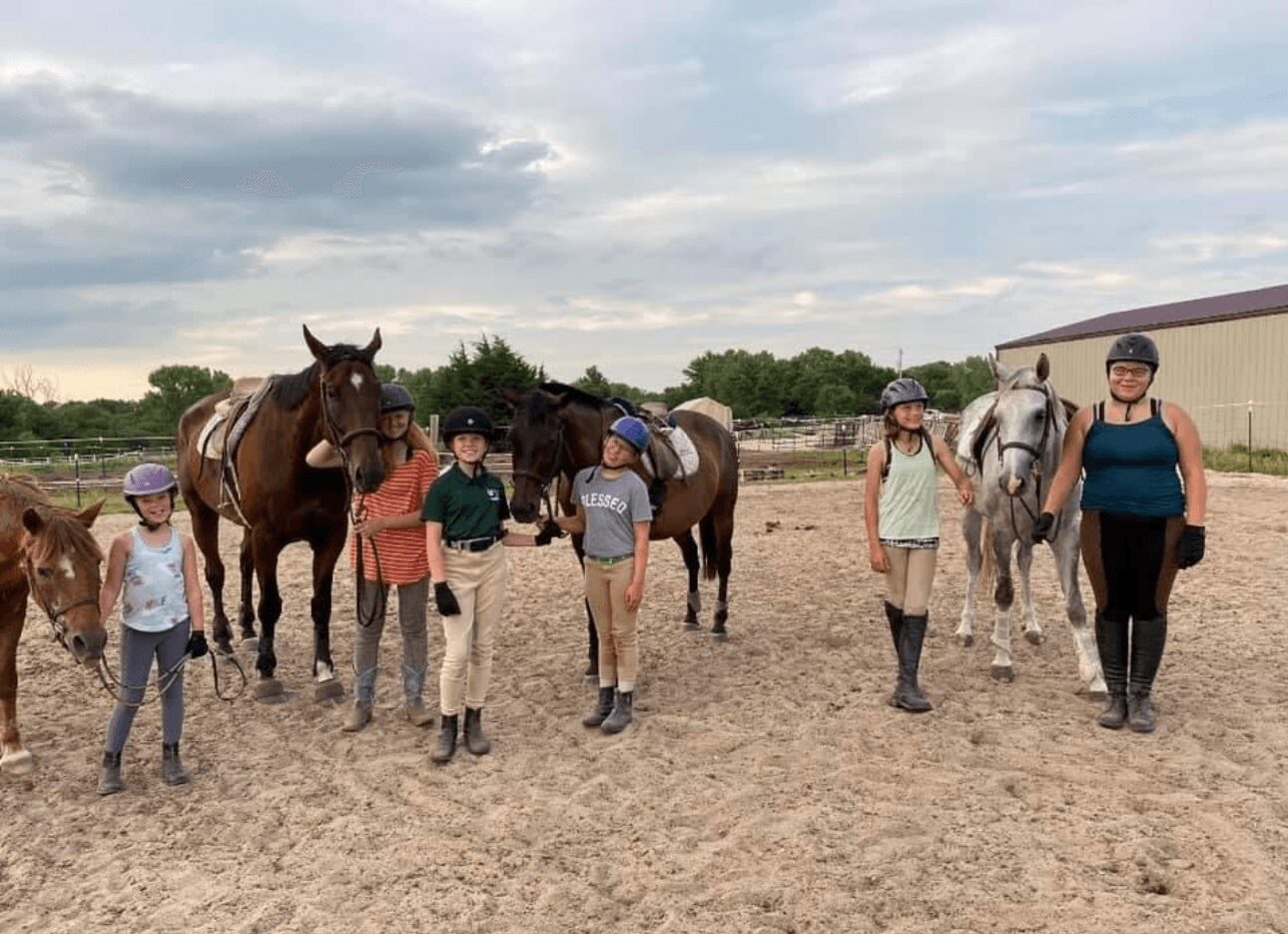
Thanks for sharing that. So, before we get any further into our conversation, can you tell our readers a bit about yourself and what you’re working on?
I’m Kenzy Barrett—a registered nurse, aesthetic injector, and founder of The Kirby Foundation, a nonprofit organization dedicated to supporting cancer patients and their families. My life has always been deeply intertwined with the weight of illness, grief, and healing. I lost my father to cancer after years of watching him fight, and that experience shaped not just who I am, but why I do what I do.
The Kirby Foundation was born out of both love and loss. It’s named in honor of my dad, who taught me strength, softness, and what it means to keep showing up even when the world feels heavy. Through the foundation, we offer support services—emotional, practical, and financial—to families navigating the isolating and overwhelming reality of cancer. What makes it so special is that it’s personal. I’m not coming from the outside looking in—I’ve been that daughter sitting in the waiting room, holding onto hope with both hands. And now, I get to be the person helping others hold on too.
What excites me most is the humanity behind the mission. Whether it’s helping a caregiver breathe a little easier with a bill covered, or creating space for families to feel seen and supported, every action is rooted in empathy. We’re currently in the early stages of expanding our outreach—building partnerships with local hospitals and care teams to identify families who need us most, and planning our first community fundraiser event, which I’m incredibly excited about.
Beyond the foundation, my work as a nurse and injector is also rooted in healing—just in a different form. Whether it’s through caring for critically ill children in the PICU or helping someone feel more confident in their skin, everything I do comes back to holding space for others. It’s about presence, compassion, and connection.
If there’s one thing I want people to know about The Kirby Foundation, it’s that it’s built from real life. From grief and love and the belief that even in the darkest times, there is still so much light to give. And we plan to give as much of it as we can
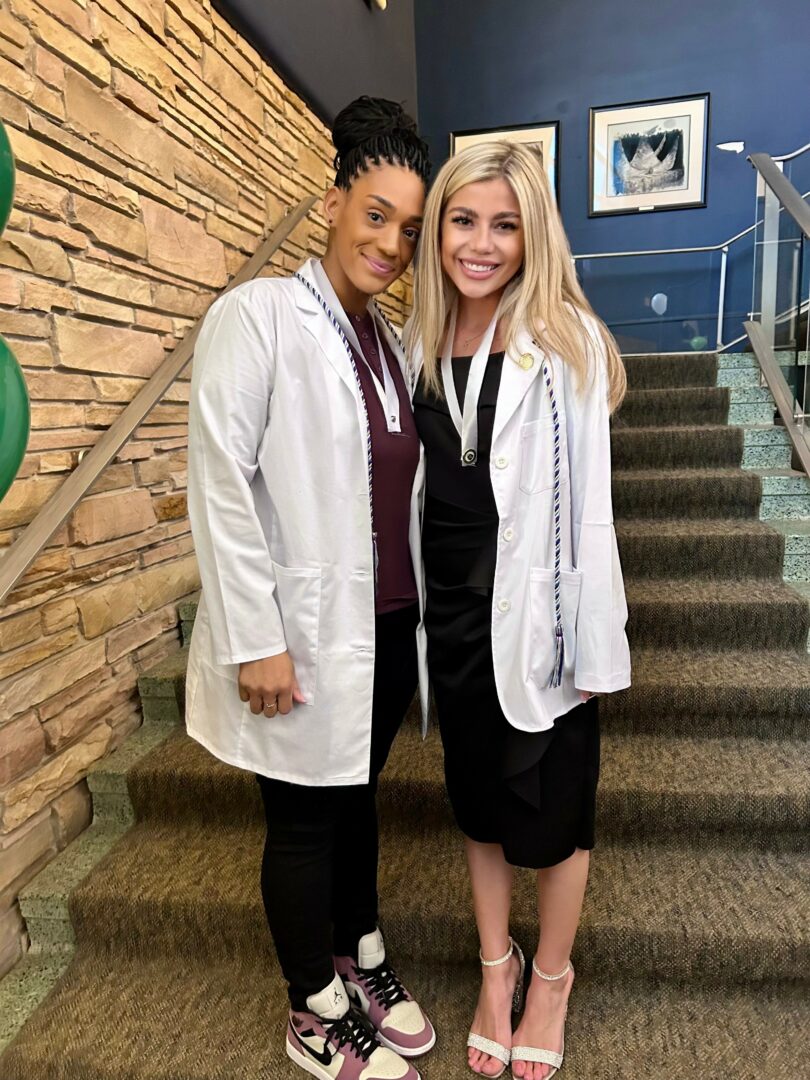
If you had to pick three qualities that are most important to develop, which three would you say matter most?
Looking back, I’d say the three most impactful qualities in my journey have been emotional resilience, self-awareness, and compassionate leadership.
1. Emotional resilience
I grew up in an environment where grief, uncertainty, and survival were part of daily life. Losing my father to cancer and watching my sister struggle with addiction taught me early on how to carry emotional weight—sometimes more than I thought I could bear. But over time, I learned that resilience doesn’t mean pretending to be strong all the time. It means allowing yourself to feel deeply and keep going anyway. For anyone early in their journey: Don’t fear your vulnerability. Sit with your pain, learn from it, and let it make you softer, not harder. That’s where true strength lives.
2. Self-awareness
For so long, I tried to ignore the parts of myself I didn’t love—the anxiety, the sadness, the grief. But I’ve learned that you can’t build anything meaningful until you understand who you truly are, and that includes the shadows. I often describe it like driving a car with all your emotions in the passenger seats. If you never acknowledge the sad or angry ones, they’ll eventually try to take the wheel. Developing a relationship with every part of yourself is crucial. Journaling, therapy, creative expression—whatever helps you hear your own voice clearly, lean into that.
3. Compassionate leadership
Whether I’m in the PICU caring for critically ill children or building The Kirby Foundation in memory of my dad, I lead from a place of empathy. I don’t need to imagine what people are going through—I’ve lived it. And I think that has made me the kind of leader who listens deeply, shows up fully, and understands that impact is about heart, not ego. My advice? Lead with your story. Don’t try to be perfect—try to be real. That’s what connects people. That’s what builds trust.
No matter what path you’re on—healthcare, nonprofit work, art, or entrepreneurship—your greatest asset is your humanity. Protect it. Nurture it. Let it guide you. Be human, in my opinion the most beautiful thing you can be is yourself.

Okay, so before we go we always love to ask if you are looking for folks to partner or collaborate with?
Yes—absolutely. I would love to connect with others who share a passion for making a difference, especially local businesses, women-owned brands, and organizations committed to supporting cancer patients or their families. The Kirby Foundation was built from a very personal place, in honor of my dad, and everything we do is rooted in love, empathy, and a deep understanding of what it’s like to navigate illness, grief, and healing.
I’m especially interested in partnering with folks who lead with heart—whether that’s through fundraising events, awareness campaigns, donation drives, or even creative collaborations that help us reach more families in need. I believe in the power of community, and I know that real, lasting impact happens when we lift each other up and combine our unique strengths and stories.
If you’re reading this and something about our mission speaks to you, trust that it’s for a reason. I would be honored to collaborate with anyone who feels called to be a part of this work. You can reach me through social media, email, or keep an eye out for our website launch. Let’s create something meaningful together—something that gives light to people who need it most.
Contact Info:
- Instagram: https://www.instagram.com/kenzybarrett?igsh=MXM5bWIzMTFvZGdtcg%3D%3D&utm_source=qr
- Facebook: https://www.facebook.com/share/1CANGhPh95/?mibextid=wwXIfr
- Linkedin: https://www.linkedin.com/in/mckenzy-barrett-888288159
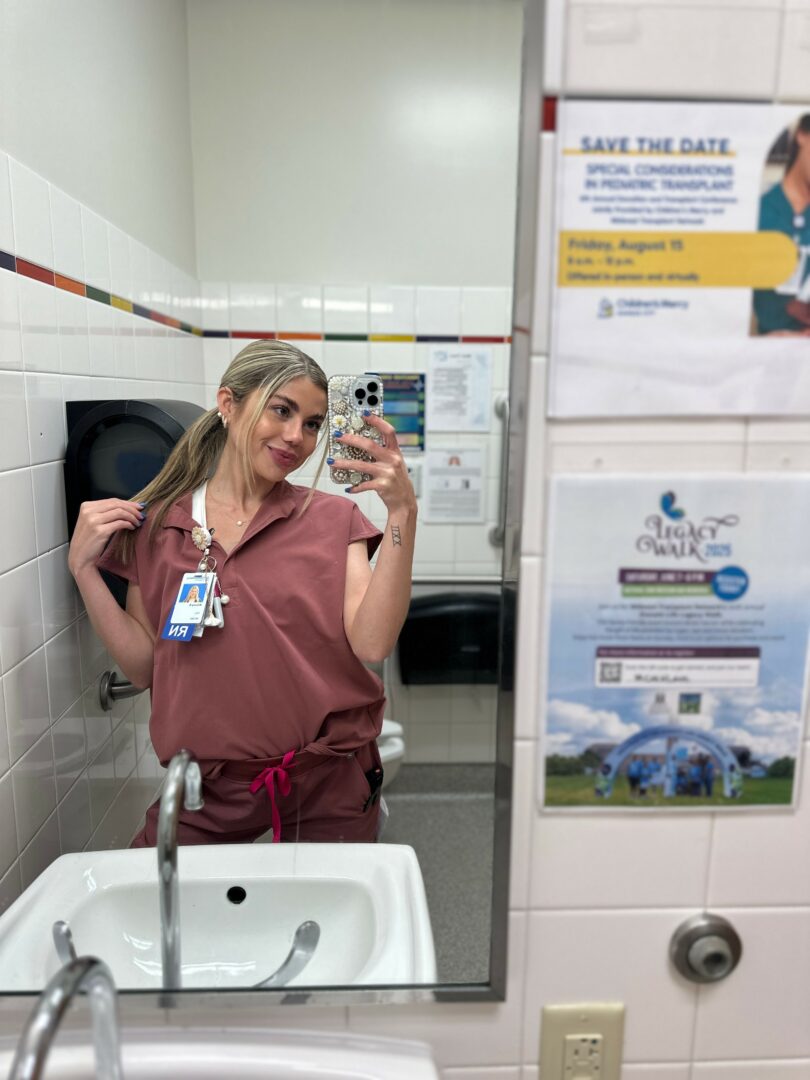
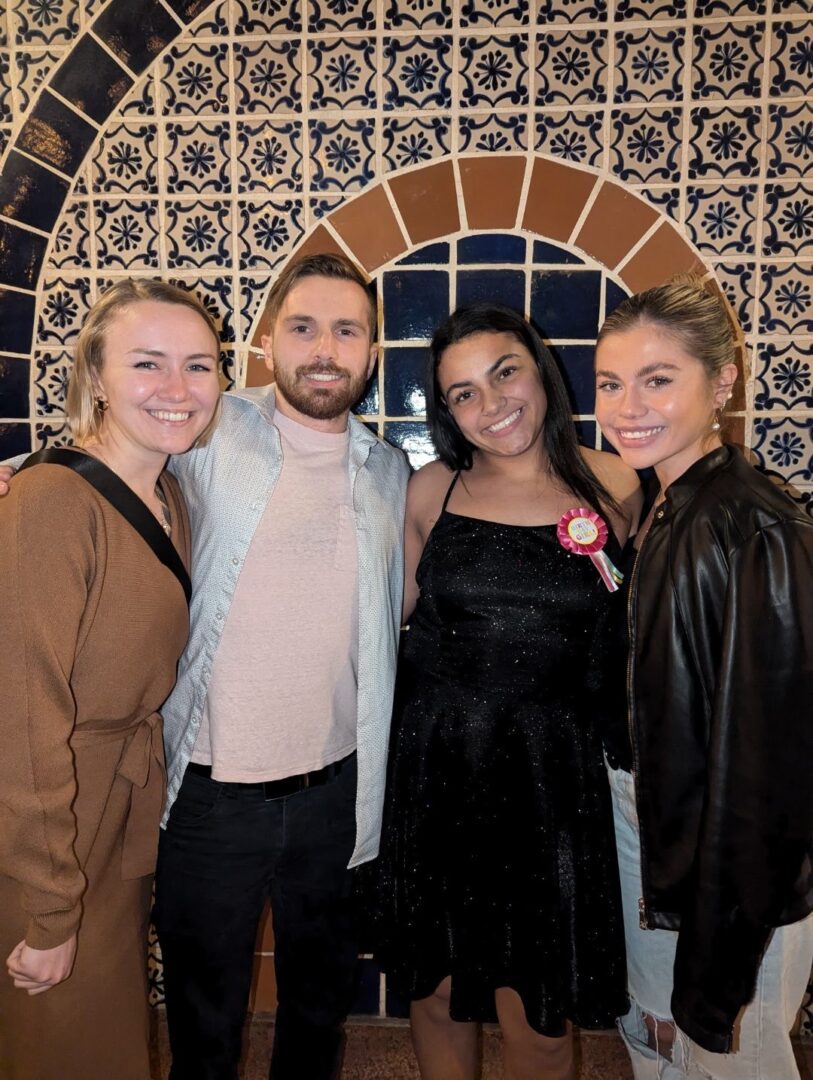
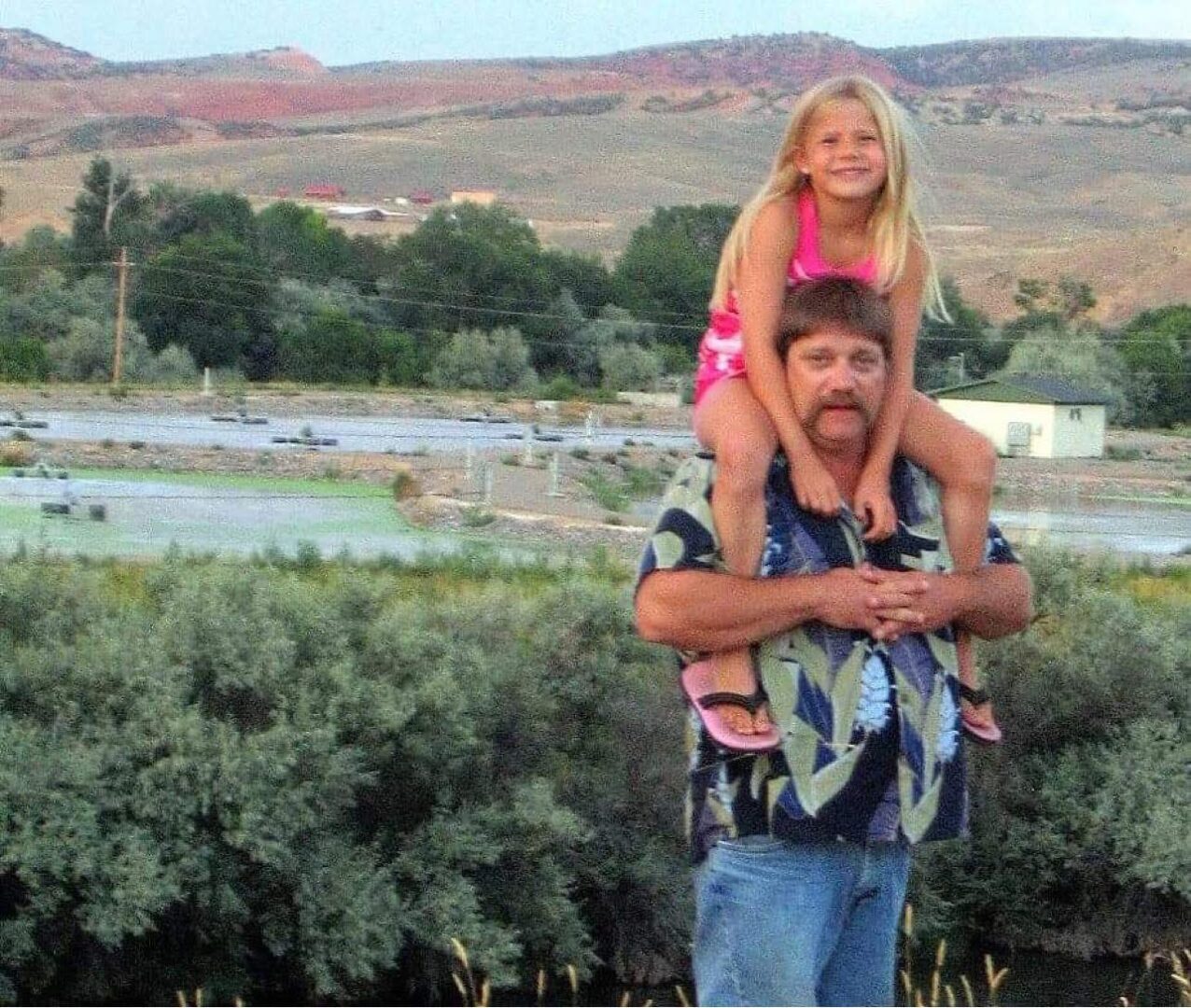

so if you or someone you know deserves recognition please let us know here.

